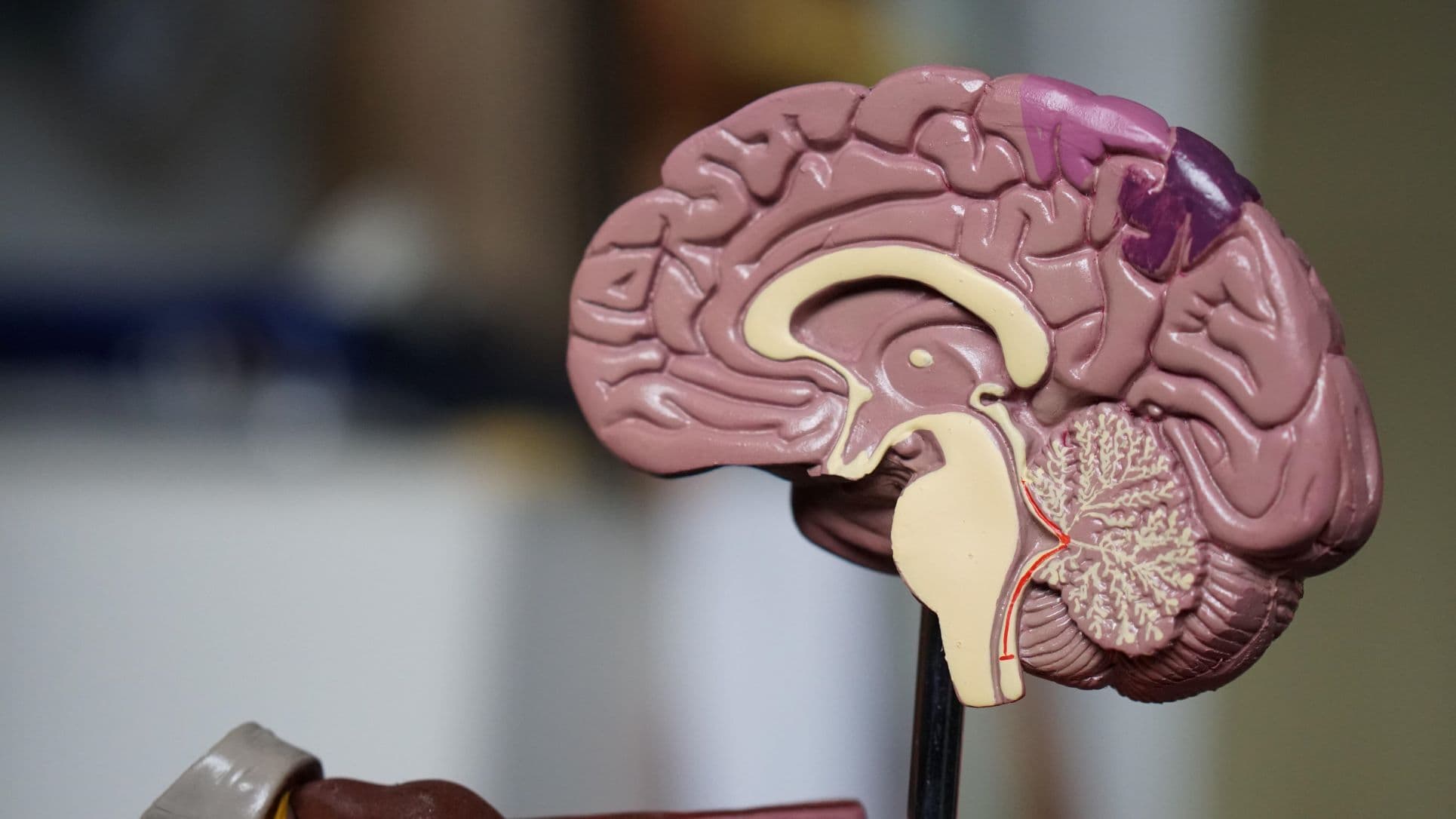The nervous system is the body’s main communication network. It is made up of the central nervous system (CNS) – which includes the brain and spinal cord – and the peripheral nervous system (PNS).
The CNS processes information and makes decisions, while the PNS carries signals between the CNS and the rest of the body, telling the body what to do and how to respond to information.
Multiple sclerosis (MS) causes the body’s immune system to attack itself, damaging the pathways that carry these signals.
Everyone experiences MS differently
There are over 33,000 people living with MS in Australiaopens in new tab and it is the most common acquired neurological condition affecting young adults. While it’s one of the most common conditions of the central nervous system, everyone’s experience of MS is unique.
MS can present and progress differently from person to person. But you don’t have to navigate it alone, we’re here to help you every step of the way.

We're here to support you
Every day, we support thousands of Australians with vital support and services, while fundraising for MS research. If you’ve been diagnosed with MS, you’re not alone. MS Plus is here to ensure you feel empowered to manage your condition and achieve your goals.

Types of MS
If you or a loved one have been diagnosed with multiple sclerosis (MS), you may be looking for answers about the different types of MS and the symptoms of each.

What causes MS?
Work continues on discovering the causes of multiple sclerosis, but genetics, environmental and lifestyle factors may play a role. Learn more to stay up to date.

Common symptoms
From fatigue to pain to tremors, multiple sclerosis can cause a wide range of symptoms that affect each person differently.

Newly diagnosed
If you’ve recently received a multiple sclerosis diagnosis, it’s normal to feel scared and confused. But we want you to know that MS doesn’t necessarily lead to significant disability. You can live well with MS. And we’re here to help you do that.

Treatment for MS
Multiple sclerosis (MS) treatment options can help slow the progression of MS, reduce relapses and manage specific symptoms. Learn more about treating MS.

MS research
Every day, research brings us closer to finding new ways to prevent, treat and cure multiple sclerosis (MS). Learn more about the research we support.

Finding cures for MS
Every day, research brings us closer to finding cures for multiple sclerosis (MS). Learn more about this commitment and our impact.

Personal stories – live well with MS
Thousands of Australians are living with multiple sclerosis (MS). Learn about their personal stories and how they are able to live well with MS.

Advanced MS
Learn more about advanced multiple sclerosis including symptoms, progression, and end-of-life care in the final stages of MS.

Support and services
Support & services
Need MS support or help with another neurological condition? MS Plus has six decades of experience supporting people through challenges to live will.

Newly diagnosed
If you’ve recently received a multiple sclerosis diagnosis, it’s normal to feel scared and confused. But we want you to know that MS doesn’t necessarily lead to significant disability. You can live well with MS. And we’re here to help you do that.

Resource hub
We host free resources covering a range of topics to promote neurological wellbeing. Our podcasts, webinars, and articles feature the latest information with expert advice.

